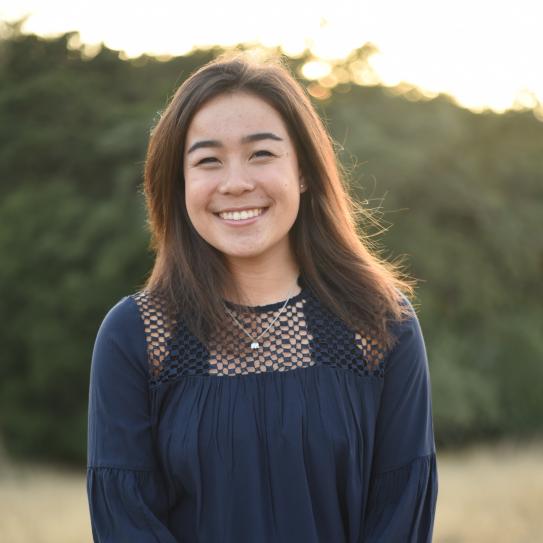Elizabeth Wilkinson

What does it mean to you to be an engineer?
Because of working at the intersection of many disciplines, engineers wear a lot of different hats.
How is your field being redefined for today and tomorrow’s needs? What contributions do you hope to make to this redefined landscape?
We’re all working within an increasingly complex world to solve increasingly complex problems. Right now, I’m working with researchers at NYU Langone to explore a drug called DHEA. It shows promise for helping bone to heal faster, particularly in patients with diabetes, for whom a simple fracture can be long-lasting and problematic. DHEA normally has a lot of side effects, but because we’re working with an injectable form that goes right to the site of the injury, some of those might be avoided.
I’m going to embark on a Ph.D. program, where I’ll focus on nano-bio-technology, a field that will allow me to make contributions to finding new therapeutics and methods of drug delivery.
How did NYU Tandon help you redefine yourself?
Tandon gave me a lot of room to explore my different interests and join various extracurricular groups like the student chapter of the American Institute of Chemical Engineers. I took one of the first classes Professor Nathalie Pinkerton offered when she initially began teaching at Tandon, and I got hooked. Before she got here she had worked in the oncology research unit of a major pharmaceutical company, investigating novel nano-medicines for the treatment of solid tumors. Working in her lab set me on my current path. And because of Tandon’s focus on entrepreneurship, I can foresee possibly launching my own company one day.

